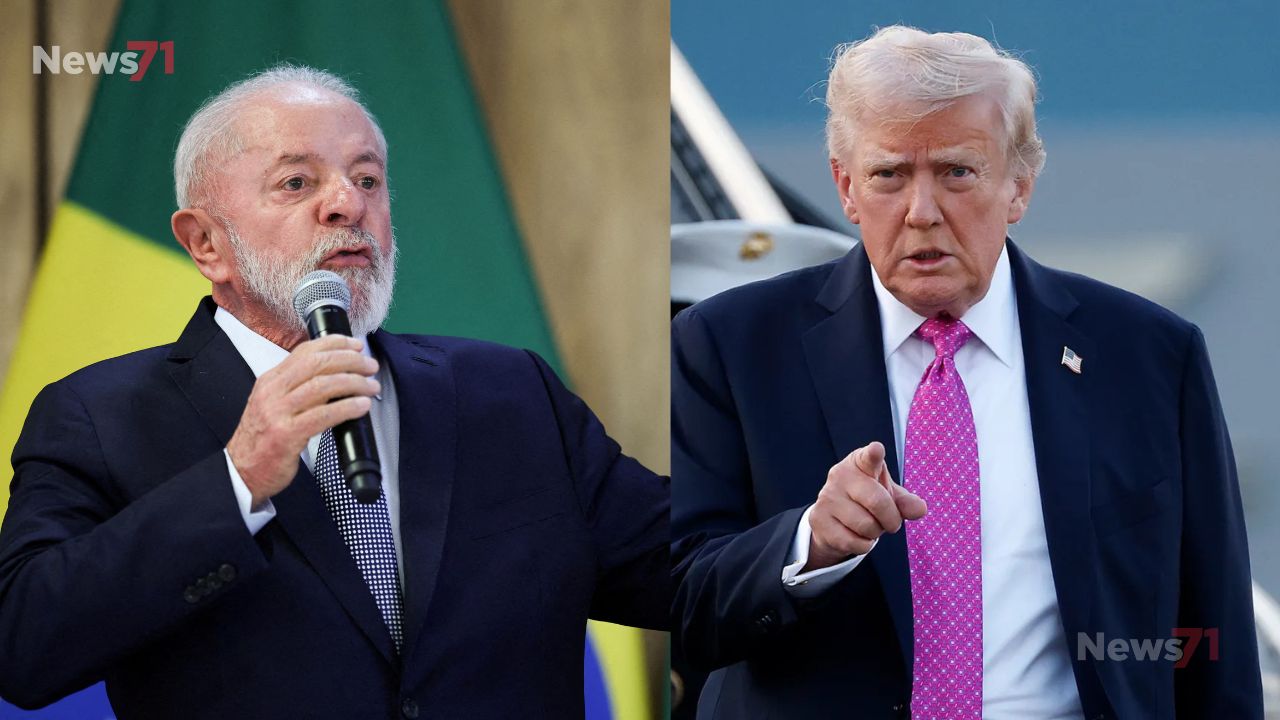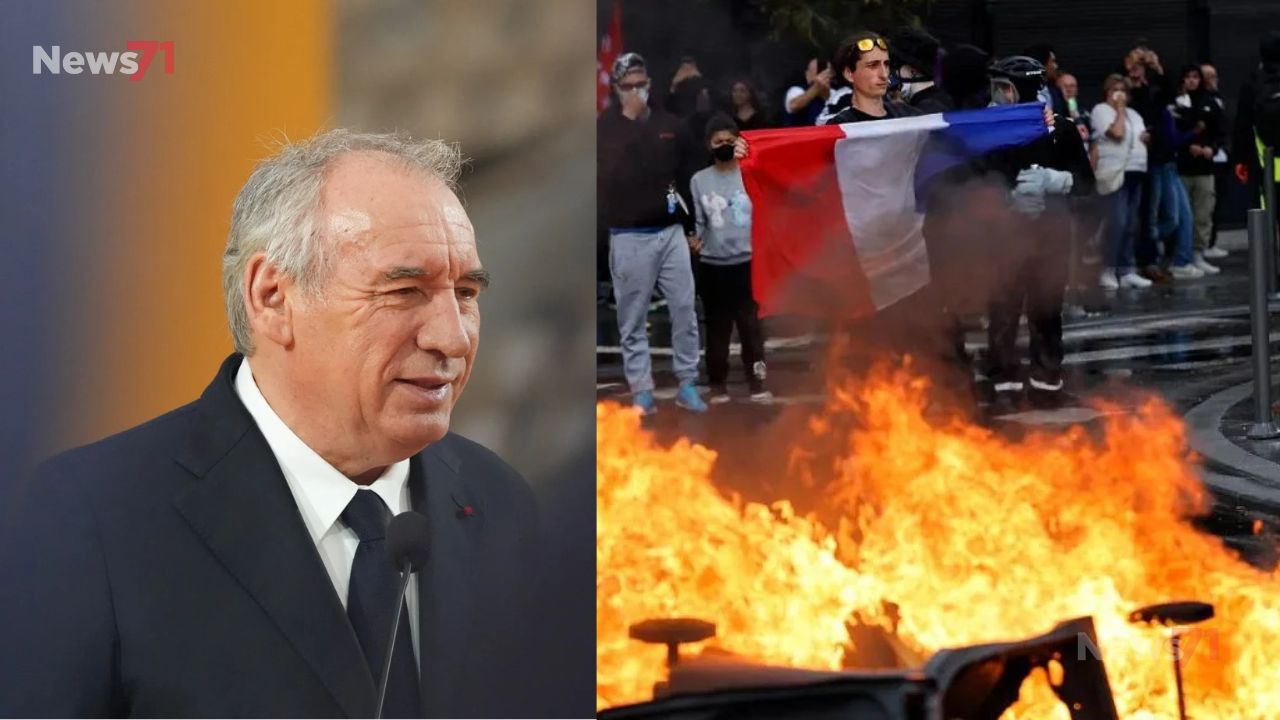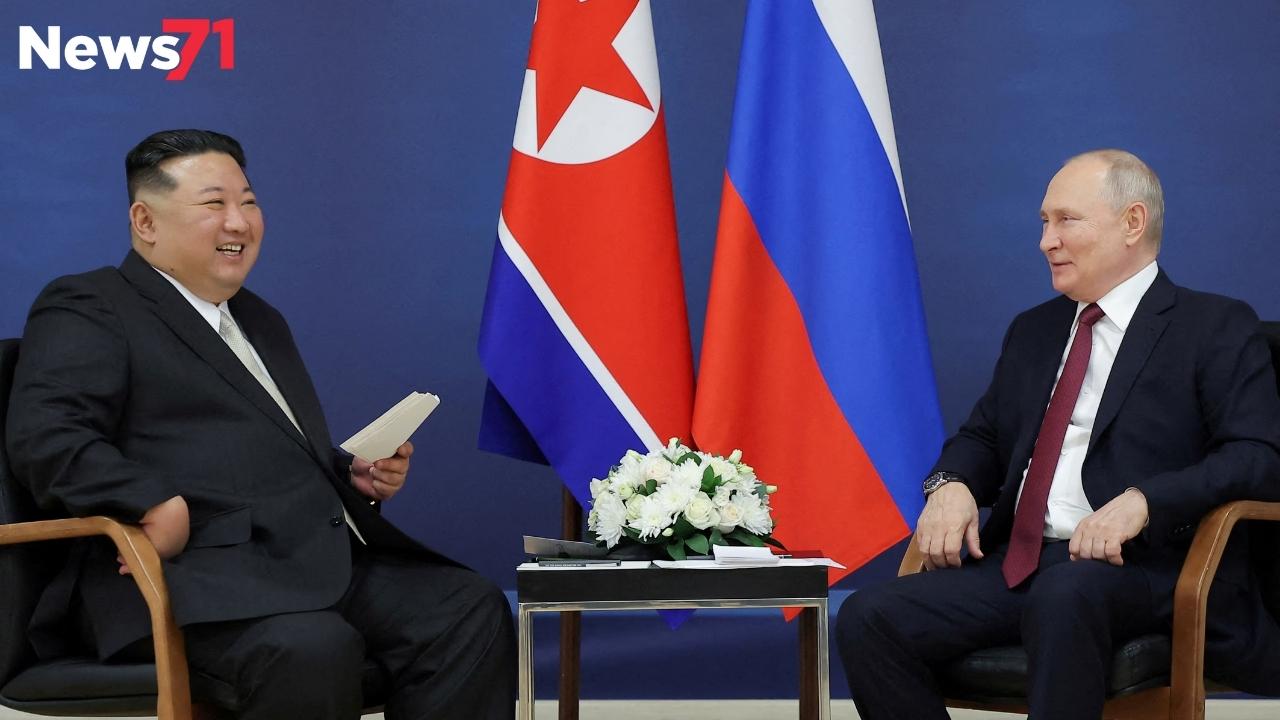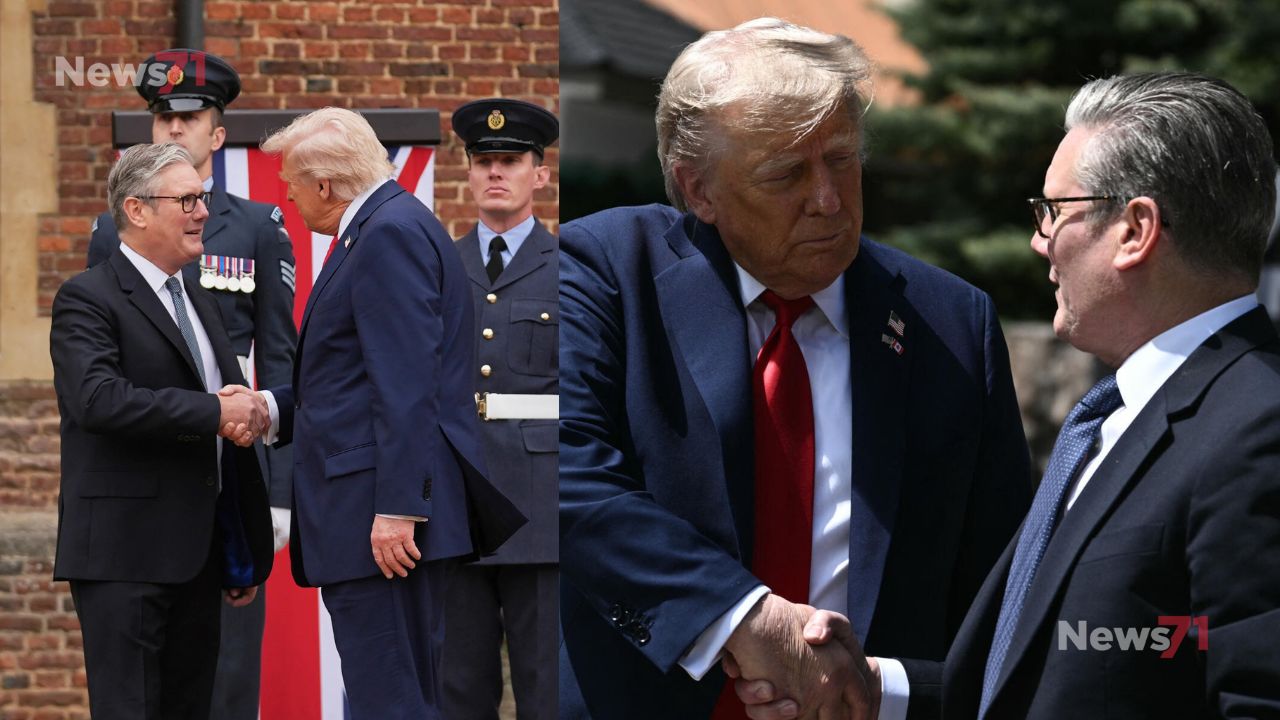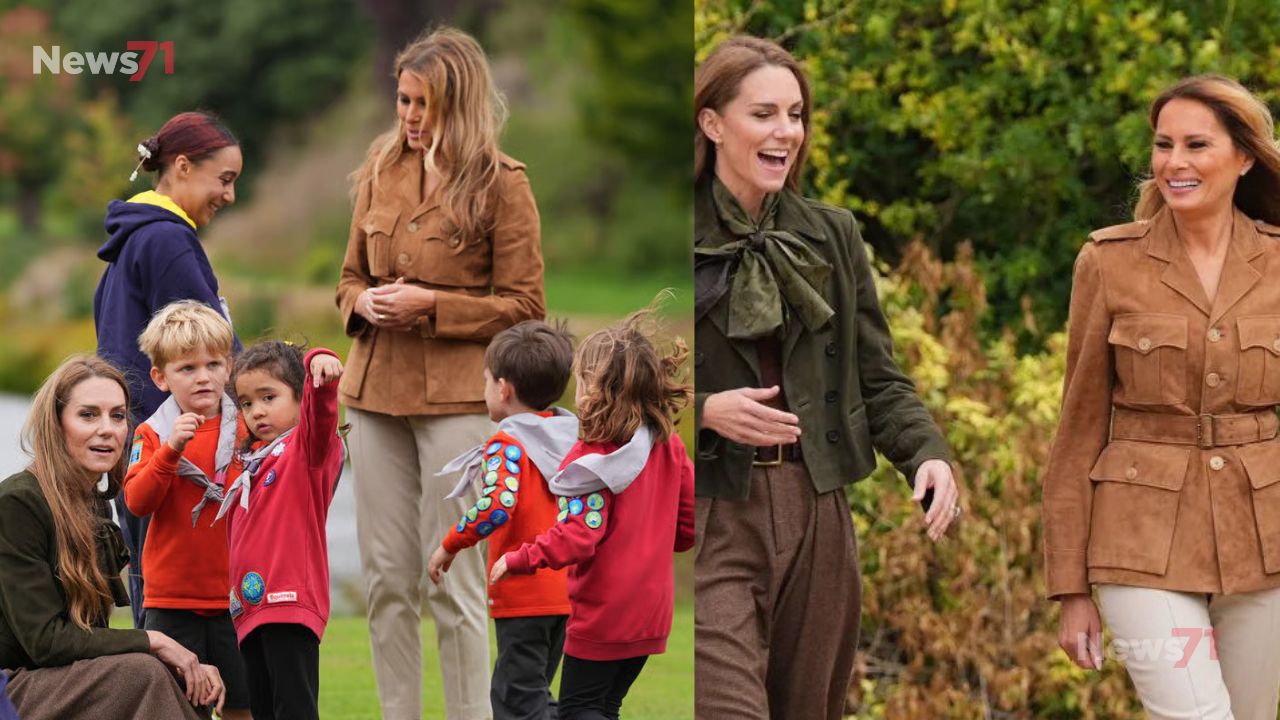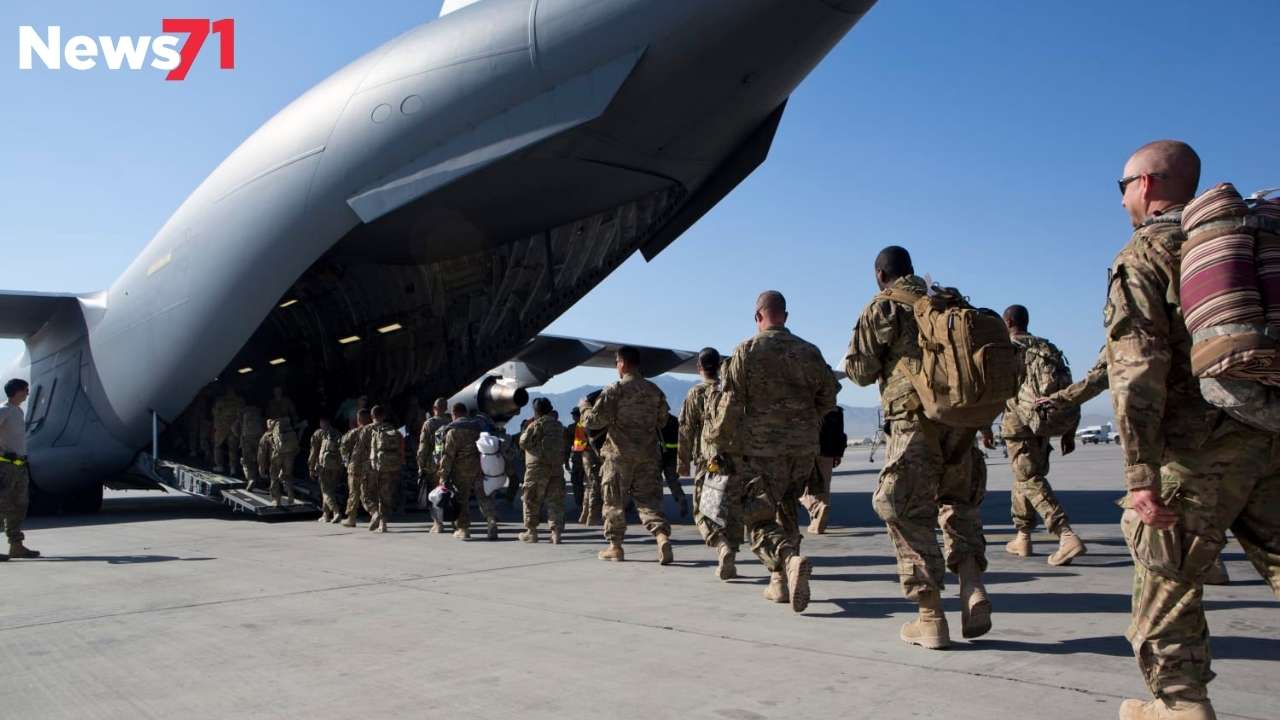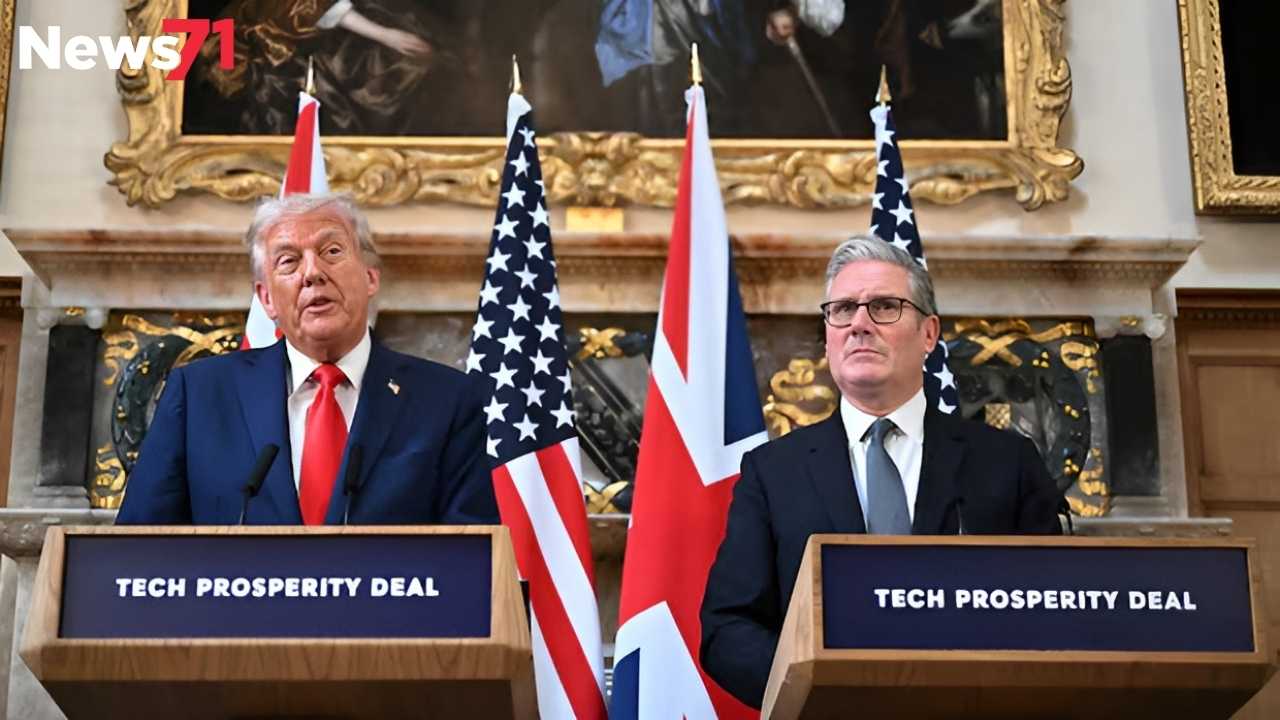Brazil Lula says communication with the White House has broken down, telling the BBC he has “no relationship” with US President Donald Trump. In the exclusive interview, he argued that new 50% tariffs on Brazilian goods announced in July were “eminently political,” and warned that US consumers would shoulder higher prices on imports such as coffee and beef.
Although the United States currently runs a trade surplus with Brazil, Brazil’s Lula says the tariff decision was delivered without consultation. He learned of the measures from Brazilian newspapers and criticized what he called an undiplomatic rollout on social media rather than through formal channels. The two leaders have never spoken directly. Asked why he had not called to open a dialogue, Brazil’s Lula says the US side showed no interest in a conversation, despite public claims that a call would be welcome.
Relations with Washington are the exception rather than the rule, he maintained. Brazil’s Lula says he has cultivated ties with former US presidents, European leaders, and partners in Asia, as well as with neighboring Latin American governments. He also defended his long-standing contacts with Russia’s Vladimir Putin, noting they first worked together when both held office previously. If he crosses paths with Trump at the upcoming UN General Assembly, Brazil’s Lula says he would offer a polite greeting, while stressing that the US president is not “emperor of the world.”
Brazil Lula says
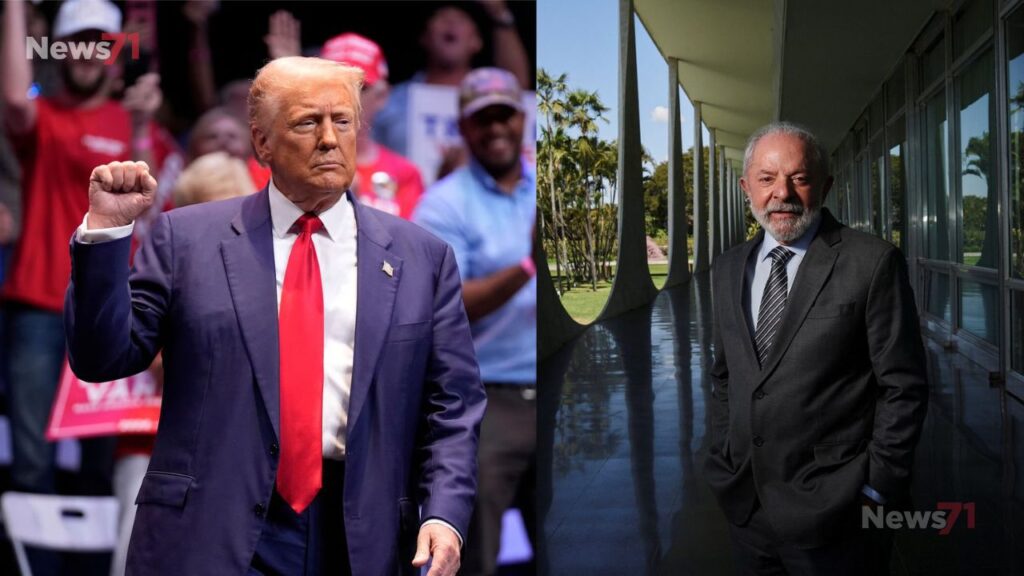
The interview also touched on Brazil’s domestic politics. Brazil Lula says the Supreme Court conviction of former president Jair Bolsonaro for plotting a coup reflects accountability under the law. Bolsonaro was sentenced to 27 years in prison and plans to appeal. Lula alleged that Bolsonaro and allies harmed the country and endangered his life, and he criticized Trump for spreading false claims that Bolsonaro is being persecuted or that Brazil lacks democracy.
On global governance, Brazil Lula says the United Nations needs reform. He argued that the Security Council’s veto structure tilts power toward World War Two victors and underrepresents large democracies and African states. In his view, this imbalance weakens the UN’s ability to prevent and resolve conflicts, as seen in Ukraine and Gaza.
Energy and climate policy were also on the agenda ahead of COP30 in Belém. Lula has faced criticism at home over exploratory oil drilling near the mouth of the Amazon River. He insisted that Brazil is following environmental law and would take full responsibility for any incidents. He reiterated support for a future without fossil fuels, while adding that no major economy can immediately abandon oil. As for 2026, he has not decided whether to run again, saying the choice will depend on health, party strategy, and electoral viability.
Throughout the interview, Brazil’s Lula says his priorities remain reducing hunger, supporting jobs, and lifting working-class incomes, even as he navigates a tough foreign policy landscape and a volatile global economy.
